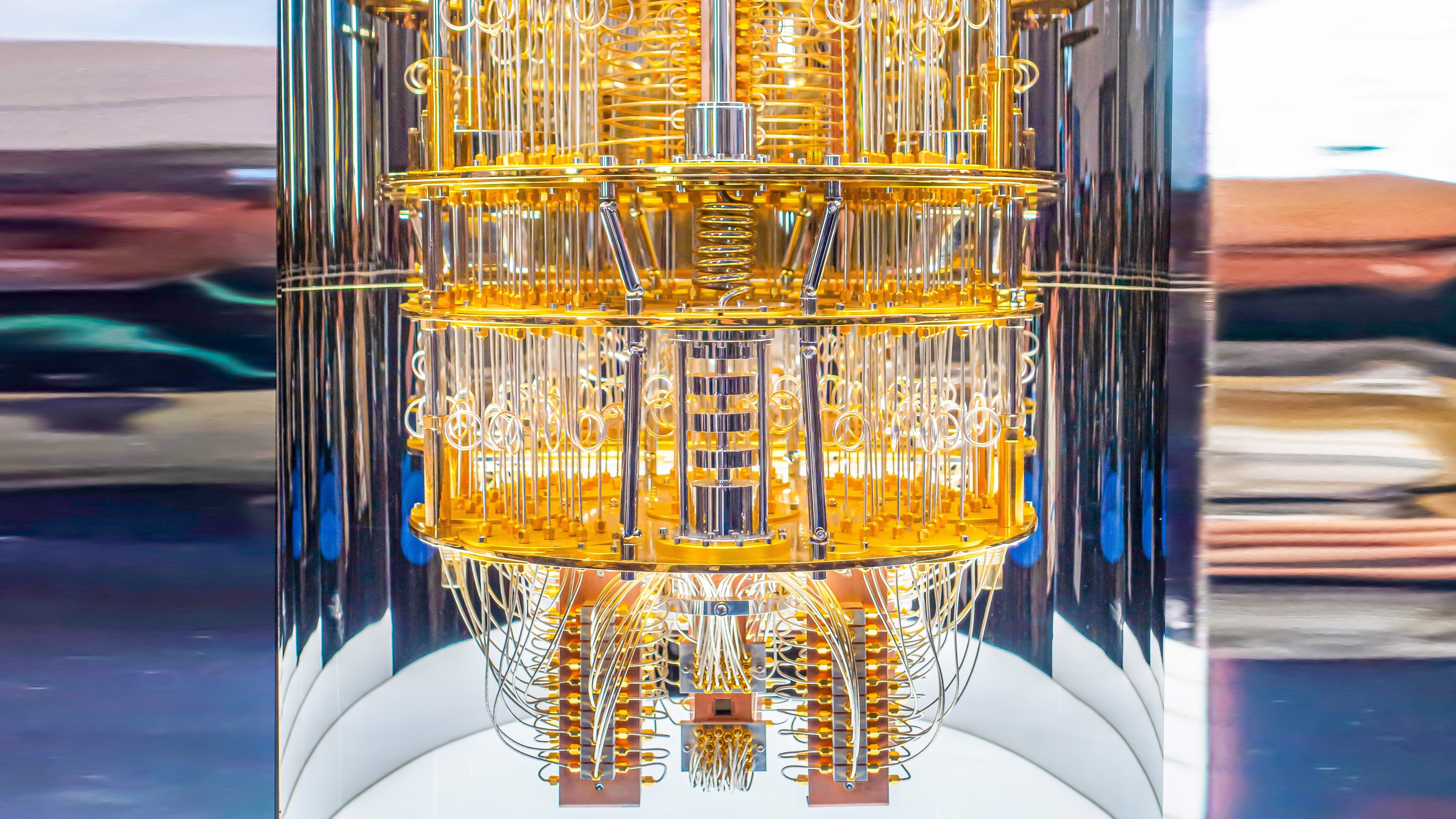
A University of California (UC) Riverside research team, led by physicist Peng Wei, has developed a two-dimensional interface superconductor by combining trigonal tellurium and gold. This new material has the potential to carry and process quantum information more reliably, making it a possible replacement for the materials used in current quantum computers, which are prone to errors.
The team added the non-magnetic trigonal tellurium with a thin film of gold that had a surface-state superconductor. From there, the researchers saw quantum states with well-defined spin polarization at the interface of the two materials, as reported by UC Riverside News. This meant that it could be used to create qubits, which are the fundamental units of quantum information.
“By creating a very clean interface between the chiral material (trigonal tellurium) and gold, we developed a two-dimensional interface superconductor,” Wei told UC Riverside News. “The interface superconductor is unique as it lives in an environment where the energy of the spin is six times more enhanced than those in conventional superconductors.”
This meant the qubits produced using this material could be more stable and robust. Aside from this, the trigonal tellurium's non-magnetic properties meant there was less chance for decoherence or when environmental information interfered with the quantum computer, thus leading to inaccurate results.
These properties of the new superconductor material could allow us to build larger, more reliable quantum computers. “Our material could be a promising candidate for developing more scalable and reliable quantum computing components,” said Wei to UC Riverside News. This could then overcome the limitations of current technologies used in quantum computing.
If the research team is successful in fielding this new material and delivering a quantum computer that is as reliable as the current non-quantum computers we have today, this could exponentially increase humanity’s computing power. For example, a quantum computer would only take seconds to compute something that an ordinary supercomputer would take thousands of years to finish.
As AI computing demands more processing power (and increased cooling and electricity), quantum computers could potentially deliver the computing power we need for our digital future without overrunning the face of the earth with data centers and power plants.







